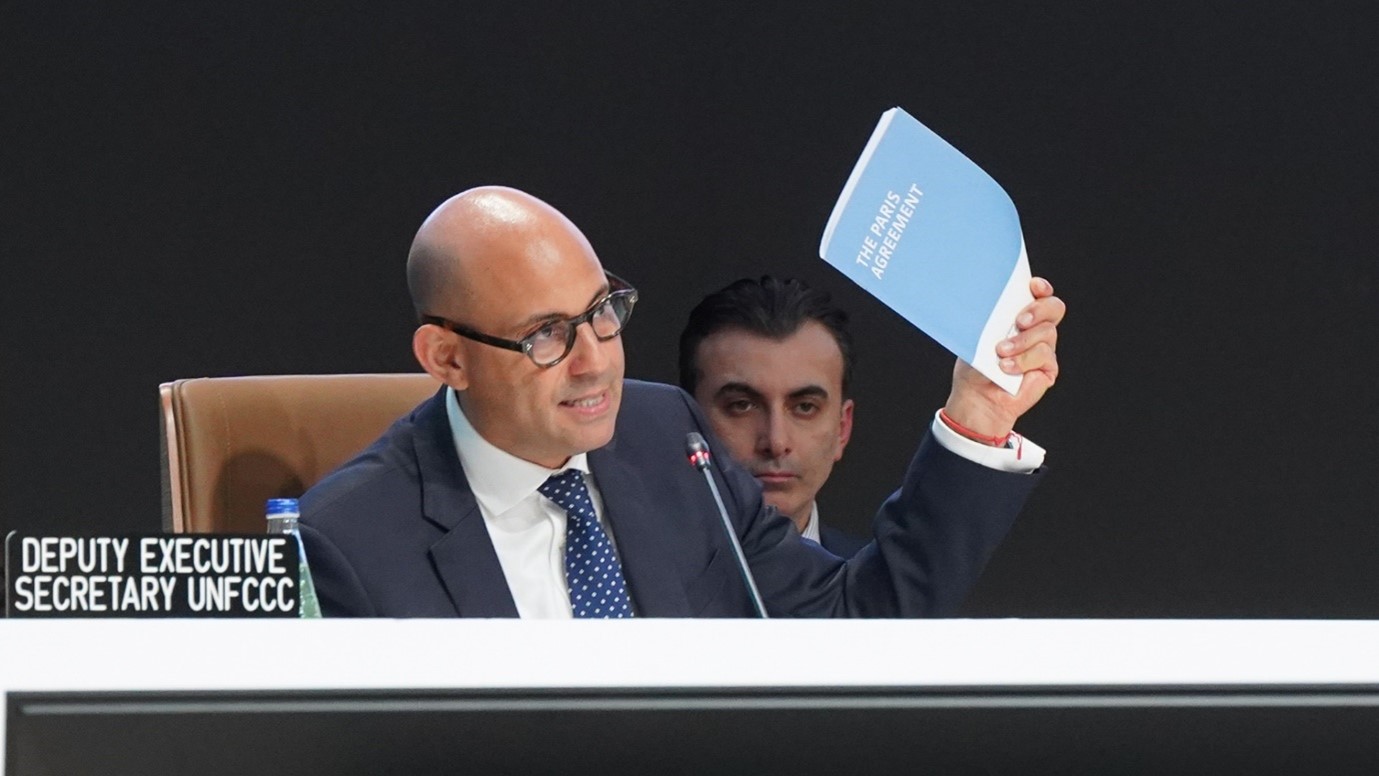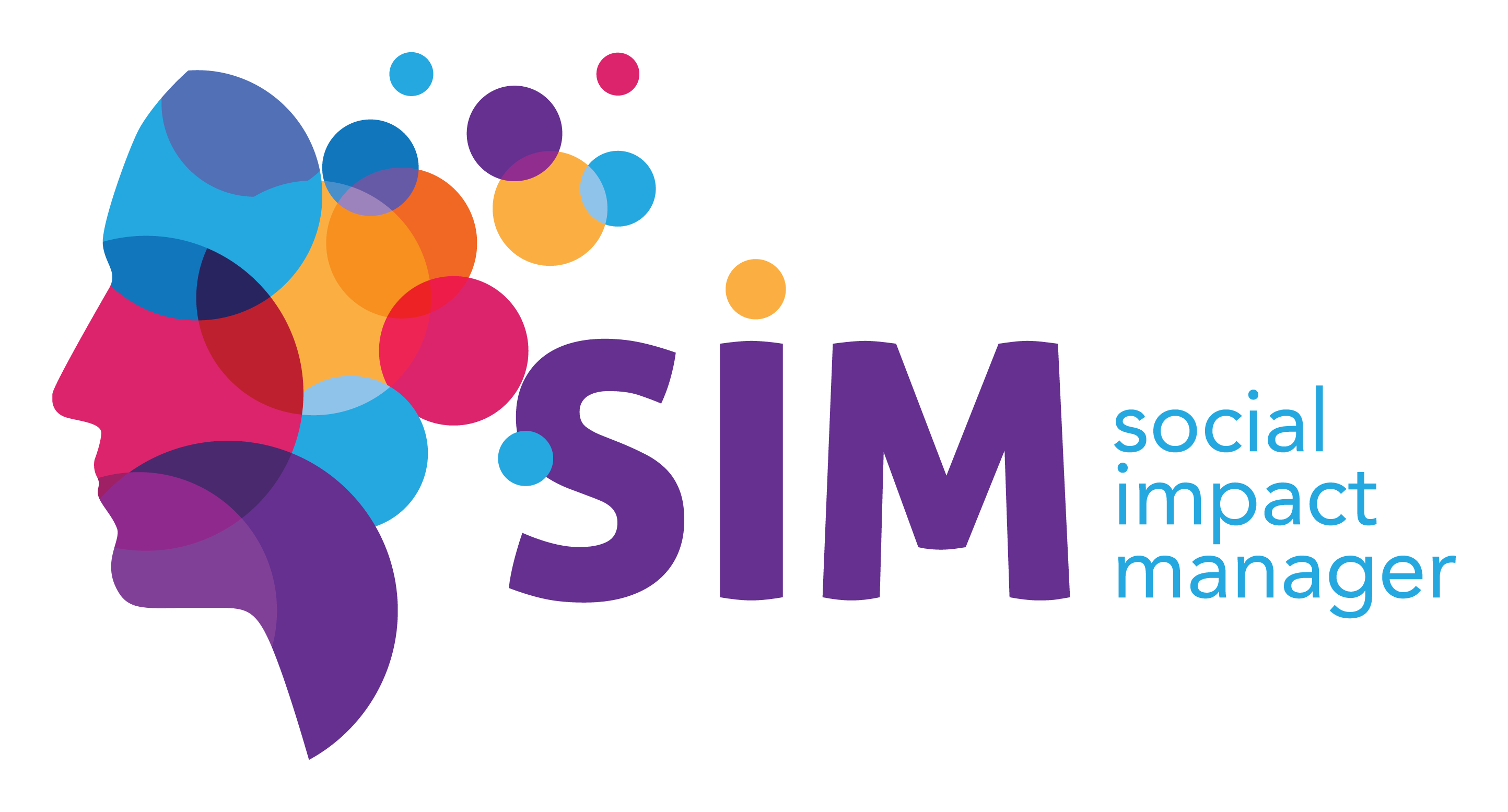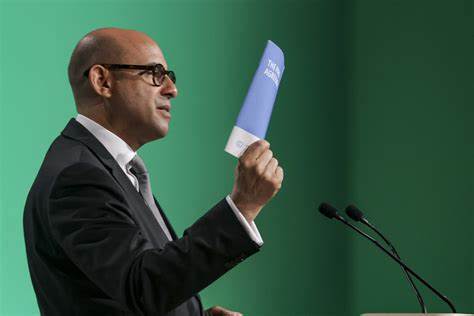By Samantha Carty, Momentum
As the curtains fell on COP29, the UN Climate Conference in Baku, the spotlight was firmly on a new global finance goal aimed at helping nations safeguard their people and economies from climate disasters while reaping the rewards of the clean energy revolution. Simon Stiell, the UN Climate Change Executive Secretary, described it aptly as an “insurance policy for humanity.”
This agreement is not just about mitigating climate risks but also about embracing the immense opportunities presented by sustainable energy—a critical lifeline in our fight against climate change.
While the world grapples with climate crises, another narrative is growing louder: the demand for social responsibility, particularly in the private sector. Corporations are increasingly challenged to align their operations with long-term environmental, social, and economic sustainability.
The 2021 Deloitte Global Millennial and Gen Z Survey revealed a telling statistic: nearly one-third of respondents reported starting or strengthening consumer relationships with companies based on their responses to crises, such as COVID-19. Consumers are now wielding their wallets as instruments of change, choosing brands that reflect their values.
The 2020 Porter Novelli Executive Purpose Study underscored this shift, with 85% of business leaders acknowledging that it’s no longer enough for companies to focus solely on profits; they must also make a positive societal impact.
For job seekers, particularly Gen Z, corporate responsibility is non-negotiable. A staggering 97% of Gen Z believe that responsibility starts with being a good employer, while 91% expect companies to actively contribute to environmental and societal well-being. This generation demands a holistic approach to corporate social responsibility (CSR), urging businesses to align with the 17 UN Sustainable Development Goals (SDGs).
Gone are the days when CSR could be dismissed as a mere marketing tool. The Corporate Sustainability Reporting Directive which came into effect in 2023, has raised the stakes. Under this directive, large companies and listed SMEs are now required to report on social and environmental performance, giving investors critical insights into how businesses impact people and the planet. This transparency is reshaping investment decisions and holding companies accountable.
Enter the Social Impact Manager, a pivotal role in bridging the gap between businesses and their communities. These professionals focus on fostering sustainable growth and strengthening ties with local stakeholders, ensuring that a company’s CSR initiatives go beyond surface-level efforts. The role is becoming increasingly vital as organisations seek to create meaningful community development programs, align with SDGs, and comply with stringent sustainability reporting standards. Social impact managers are not only helping companies expand their impact but also ensuring that their operations contribute positively to the ecosystems in which they operate. The world is watching, and the stakes have never been higher. Whether it’s through strategic CSR, transparent reporting, or the work of social impact managers, companies have the opportunity—and the responsibility—to lead the way in creating a future where both people and the planet can thrive. Simon Stiell’s words at COP29 remind us that this is not just about mitigating risks. It’s about building resilience, fostering hope, and ensuring that the benefits of a sustainable future are shared by all.


